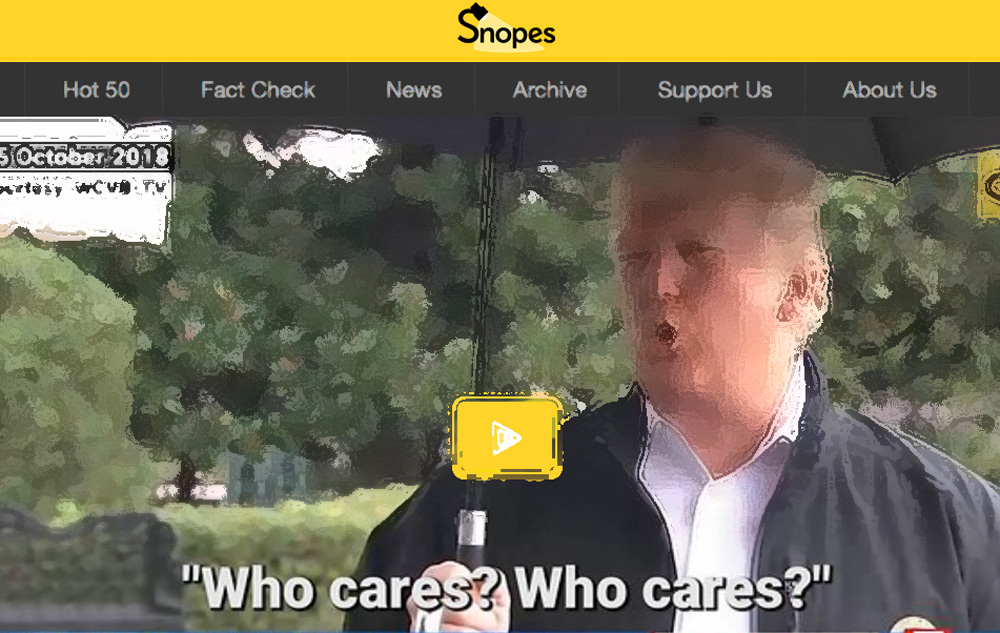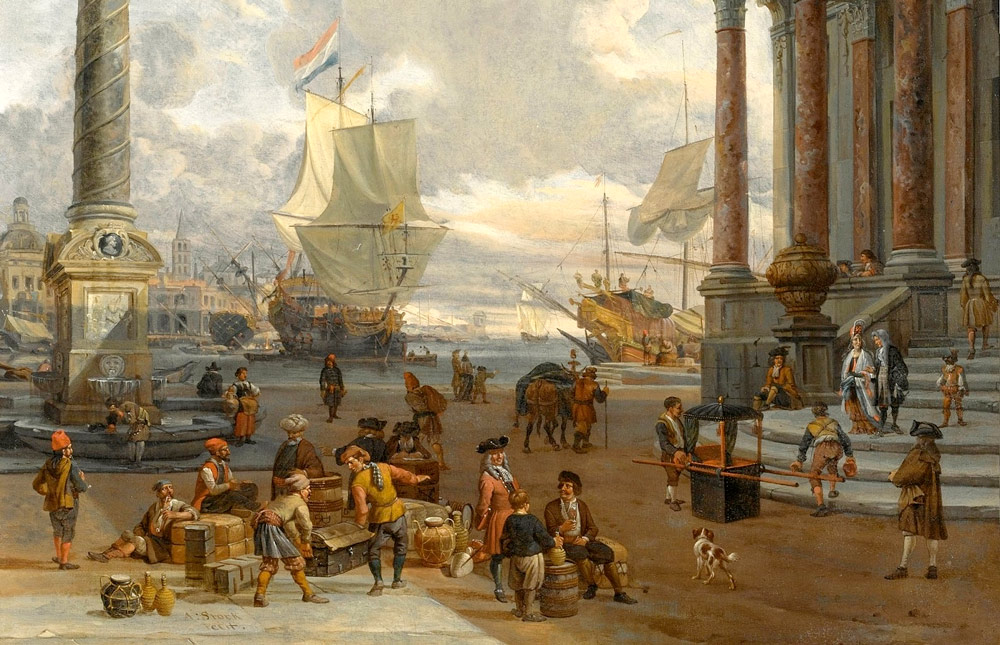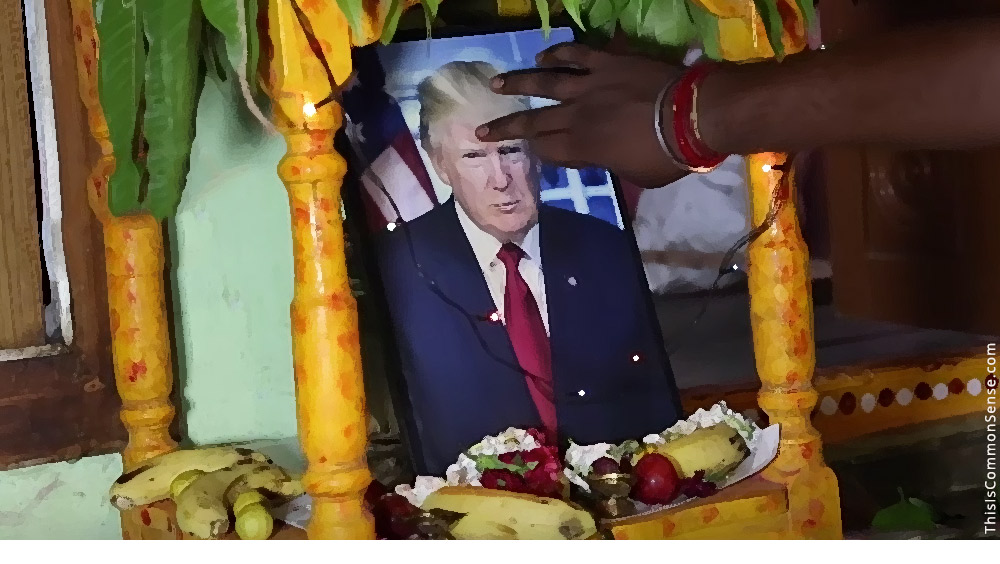“There was truth and there was untruth,” George Orwell wrote in his classic novel, 1984, “and if you clung to the truth even against the whole world, you were not mad.”
In the Age of Trump and Fake News, way past 1984, I’m hanging on for dear sanity.
Earlier this week, I commented on the brouhaha between the president and Senator Elizabeth Warren (D‑Mass.). Today, I have a bone to pick with Snopes, the faux-fact-checking site, which found this statement to be TRUE: “President Donald Trump offered to donate $1 million to a charity of Sen. Elizabeth Warren’s choice if she would take a DNA test to demonstrate that she had Native American ancestry.”
Not “Mostly True” with some explanation, but just “True.” Problem is, that statement is false.
Mr. Trump did not make that offer; he promised people at a Montana rally that he would make such an offer in the future, if he found himself “in the middle of the debate, when she proclaims that she is of Indian [sic] heritage.”
Splitting hairs? Where is the split? Here is President Trump’s full statement.
Snopes was hardly alone in misreporting Trump. The Hill titled its story, “Trump denies offering $1 million for Warren DNA test, even though he did.” The Washington Post parroted The Hill’s “fact-checked headline.” Other major outlets from CNN to the Miami Herald declared, falsely, that Trump had made the offer.
Look, I don’t blame Warren for goading Trump to pay up. That’s the political game.
But the media, especially fact-checkers, should be diligent about what precisely the president has said — not playing that game.
This is Common Sense. I’m Paul Jacob.











